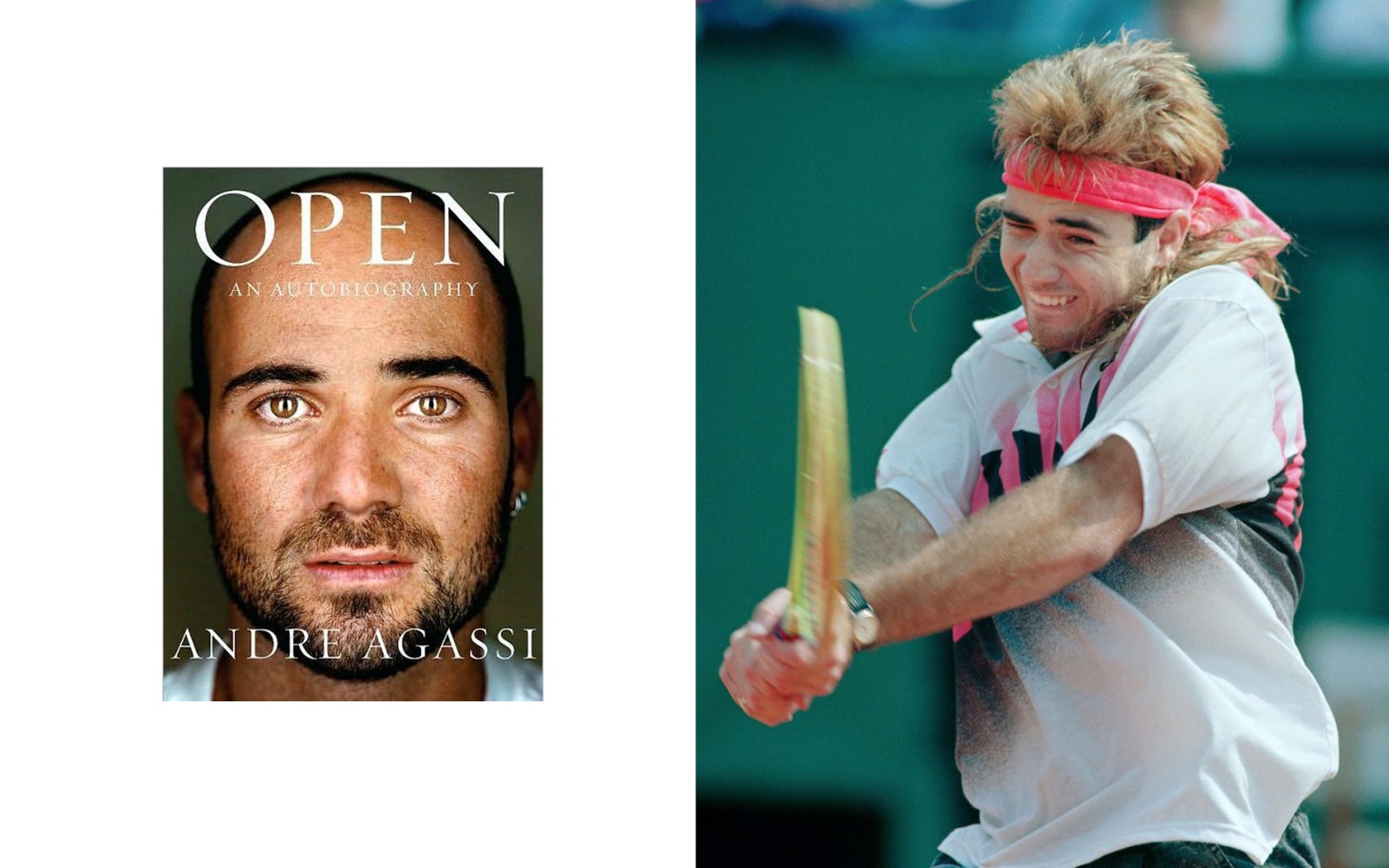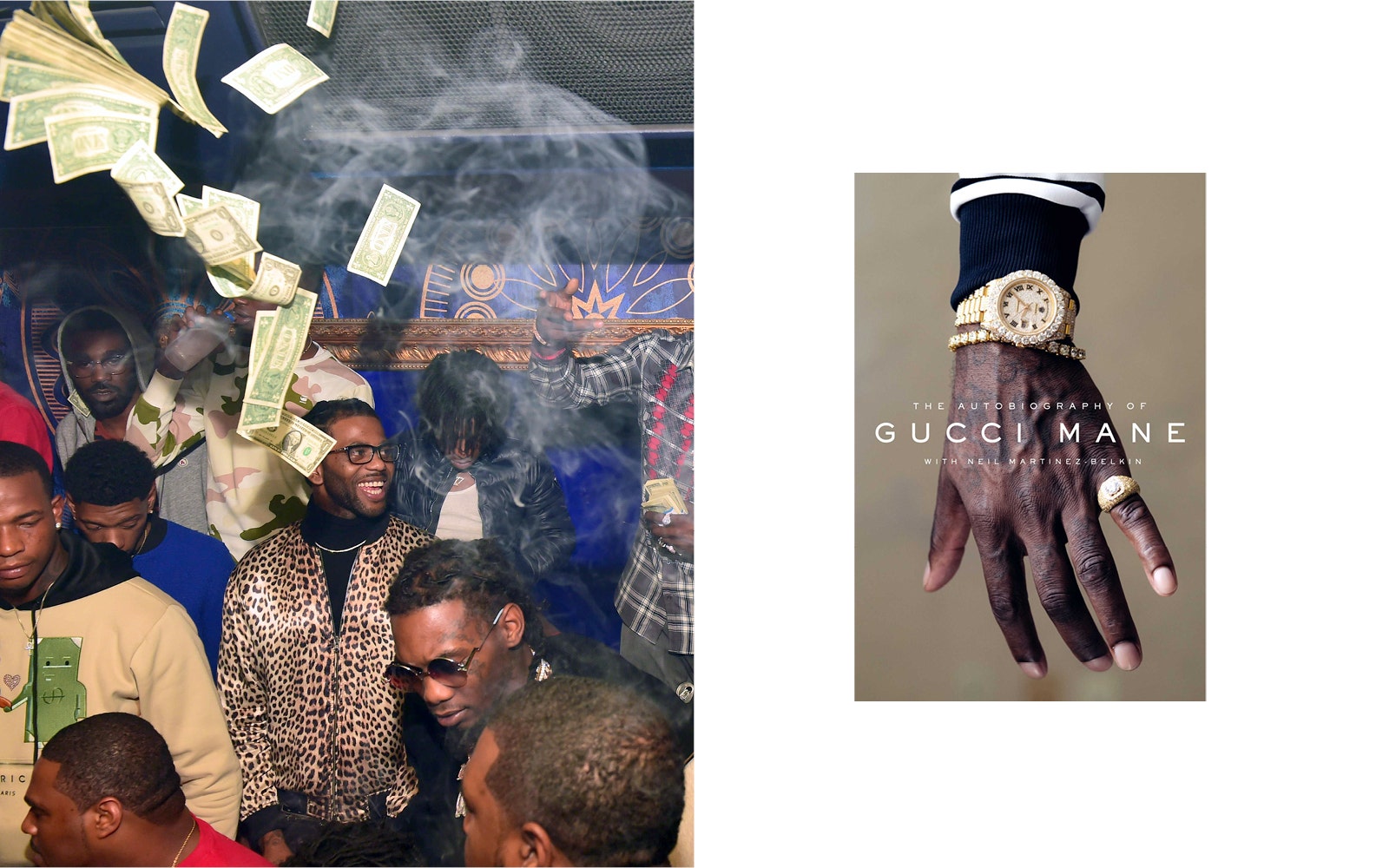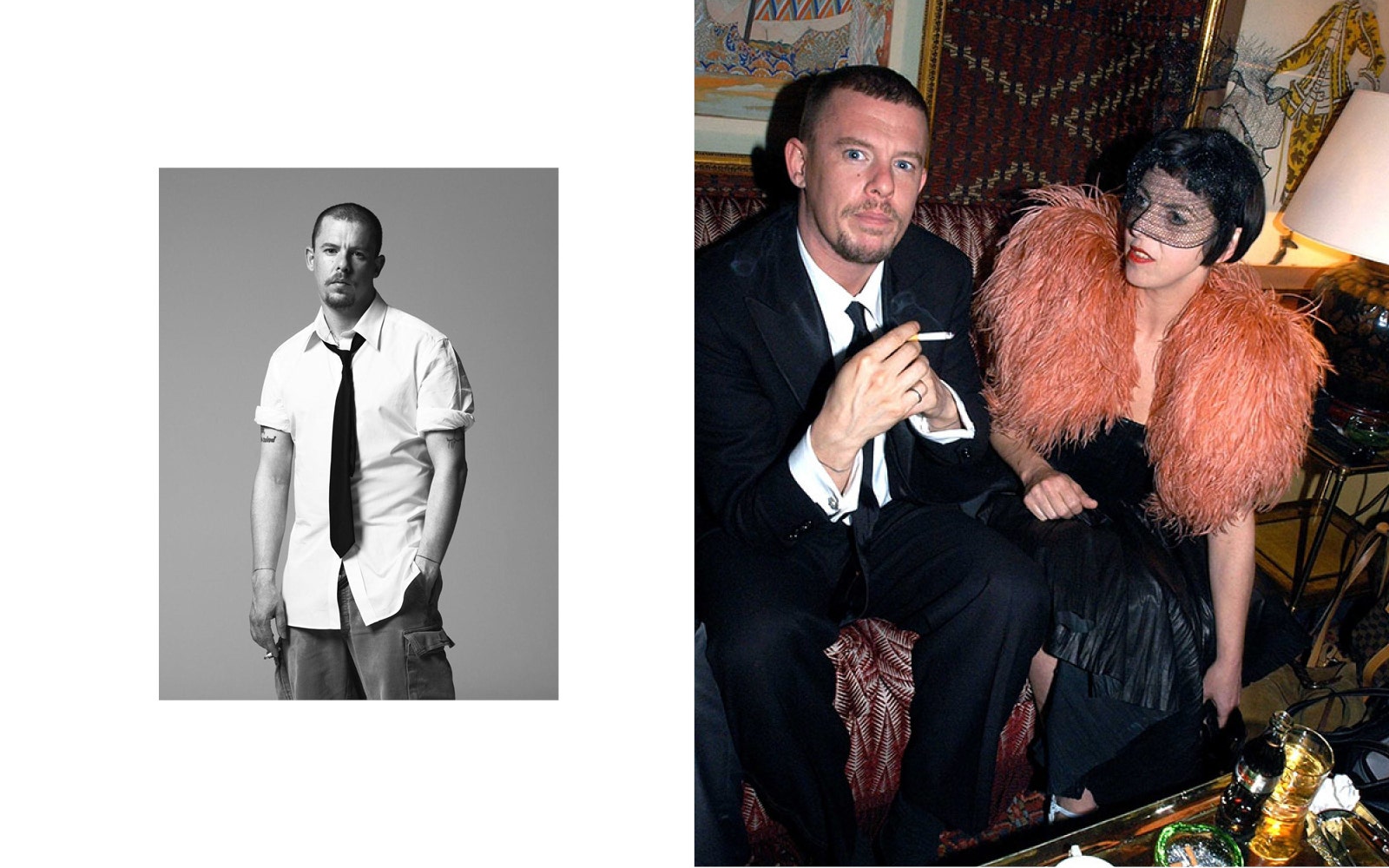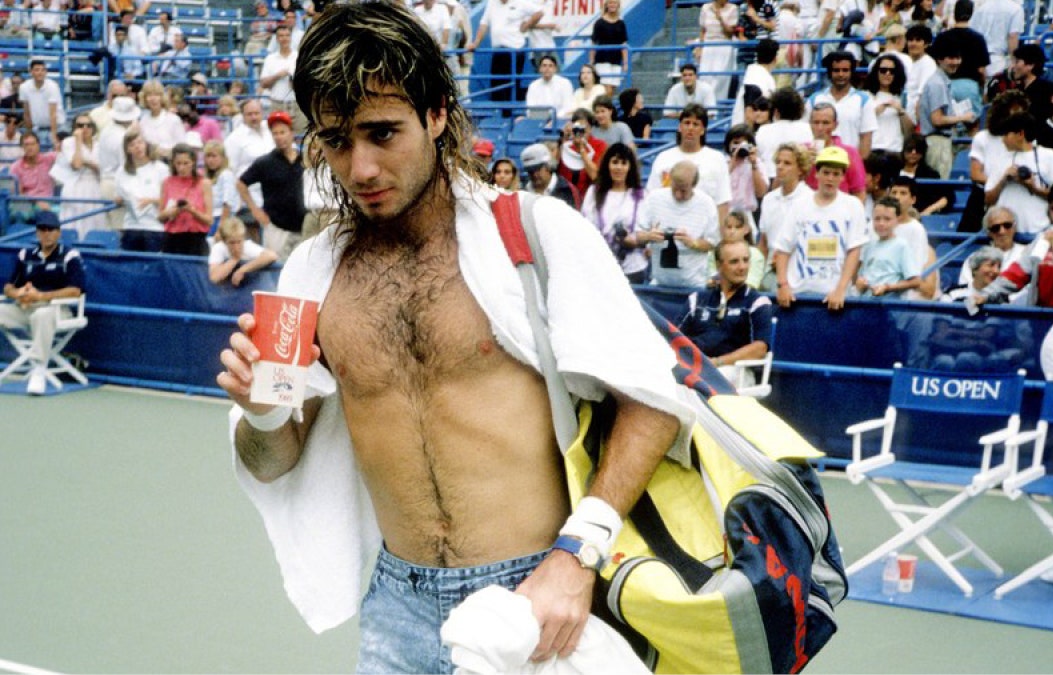I don’t usually like spending my holidays reading the biographies of high achievers. In the heat of summer, when I’m in the depths of slacker mode, I just can’t relate. But renegade high achievers are another story. And high achieving bad boys? Perfecto.

Open by Andre Agassi (2009)
Ghost-written by JR Moehringer, a Pulitzer-winning journalist, this autobiography begins with the shock admission that the multiple Grand Slam-winning tennis player always hated tennis, and the surprises keep coming.
That glossy, flouncy mullet that drew so much ire from the establishment? It was a hair piece! Being married to Brooke Shields? It sucked! That rebellious style — Agassi famously played the US Open in jeans shorts — and punk attitude? It was all just an attempt to cover up the fact that Agassi, whose childhood was stolen by a domineering, tennis-mad father, never had the chance to figure out who he really was.
Hugely entertaining, even for those not interested in tennis, it’s also fascinating to see how an inaccurate reputation can be created and sustained for so long by sportswriters, becoming mythical in the process, and then be systematically destroyed when the subject finally decides to come clean.
Sample: “His eyes are the color of lemon-lime Gatorade...He has hair like I used to have” - Andre Agassi encounters a lion during an African safari.

The Autobiography of Gucci Mane (2017)
There’s an unalloyed sincerity that shines through this elegantly produced memoir by rapper and trap producer Gucci Mane. Despite the fact that his career has been repeatedly interrupted by a series of bids in jail, you will come to care about every rise and fall and rise.
Many know Gucci Mane as the drug casualty who randomly had an icecream with thunderbolts tattooed on his cheek just days after exiting rehab. Or the tubby character who was so high he fell asleep during a sex scene in Spring Breakers.
This memoir puts intriguing context around the garish headlines. It begins with Gucci’s childhood in an Atlanta neighbourhood where the role models were the kids making drug money. It takes in the various beefs and breaks that characterised his music career, and concludes with his signing Young Thug and Migos, and his final reckoning in jail, where he dropped 11kgs in 2.5 weeks by giving up lean.
Written with the help of former XXL mag editor Neil Martinez-Belkin, it’s apparently next destined for big screen adaptation, with Mane to direct.
Sample: “The police had taken my pistol the day before but I wasn’t without heavy arms. I’d been stockpiling weapons at the studio. Glocks, MAC-10s, ARs fitted with scopes and hundred-round monkey nuts. All out in the open for easy access. I was in Tony Montana mode, bracing for a final standoff.”

Champagne Supernovas by Maureen Callahan (2014)
How did the ultra-glamorous yuppie aesthetic of the 80s give way to the 90s’ obsession with grunge, heroin chic and natural light? New York journalist Maureen Callahan pinpoints the influence of designers Marc Jacobs and Alexander McQueen and model Kate Moss as being pivotal.
But it’s McQueen who stands out as a true artist and provocateur, someone whose designs truly expressed his dark personal obsessions. Classically trained on Savile Row, he ripped and stained his fabrics with blood and semen, sewed locks of his hair into garments, cast amputee models well before body inclusivity was a thing, and created wildly elaborate warehouse shows that made London Fashion Week vital again.
An awkward outsider who hated his looks, especially his teeth, he felt looked down upon by his French bosses at Givenchy, but hit back by playing up his yob vulgarity in interviews, and by pursuing his own ideas to whichever dark corners they lead, fuelled by too much cocaine. A year after he died by his own hand, an exhibition that showcased his extraordinary designs became one of the NY Metropolitan Museum’s most popular shows ever.
Sample: “I don’t know whether I can survive in fashion without murdering someone,” McQueen replied. “There are so many people who expect you to do the obvious thing. All they say is, ‘Do a good coat.’ If people want a boring coat, they can go to DKNY.”
Photos: Supplied, Getty Images.

